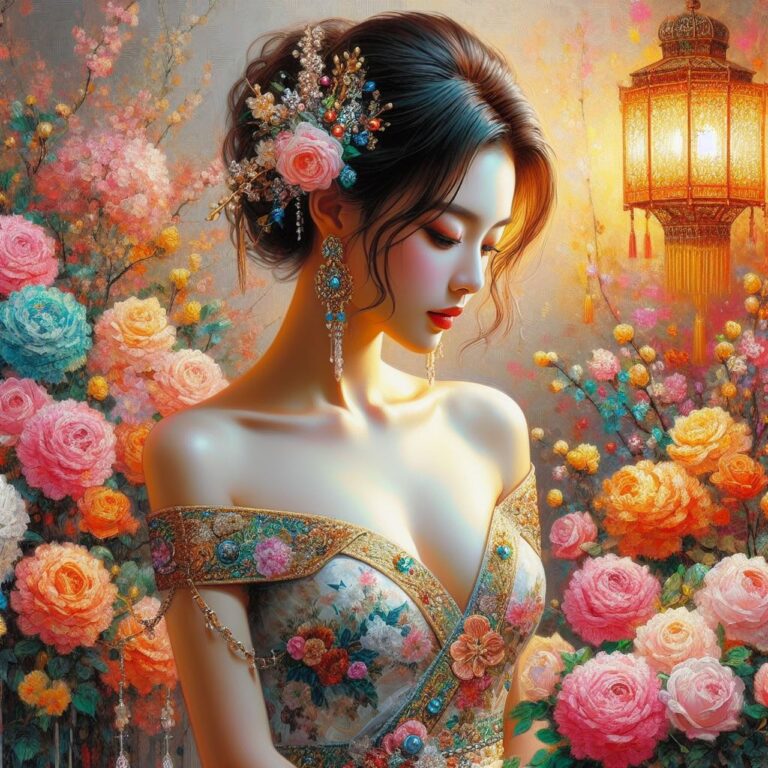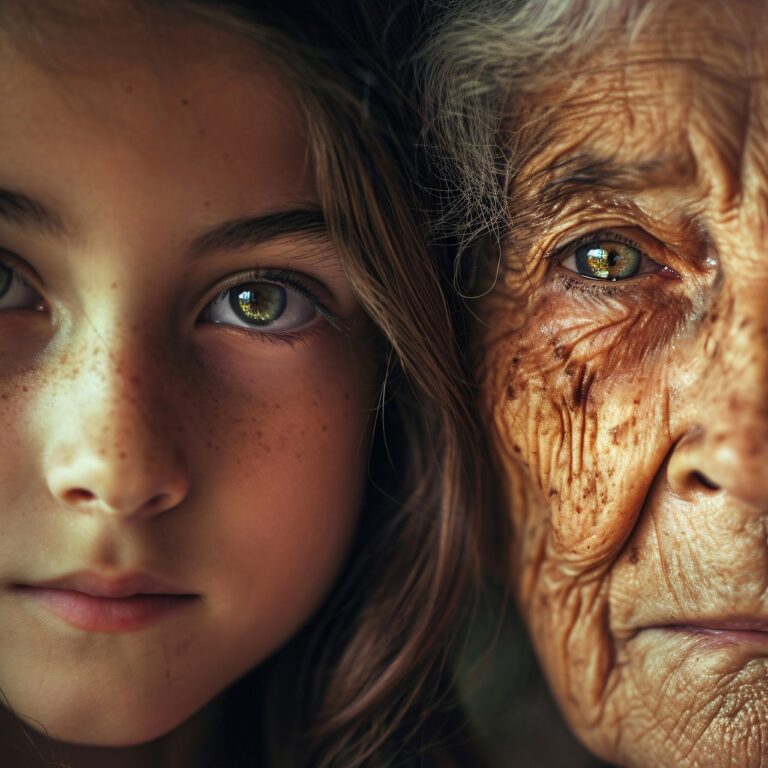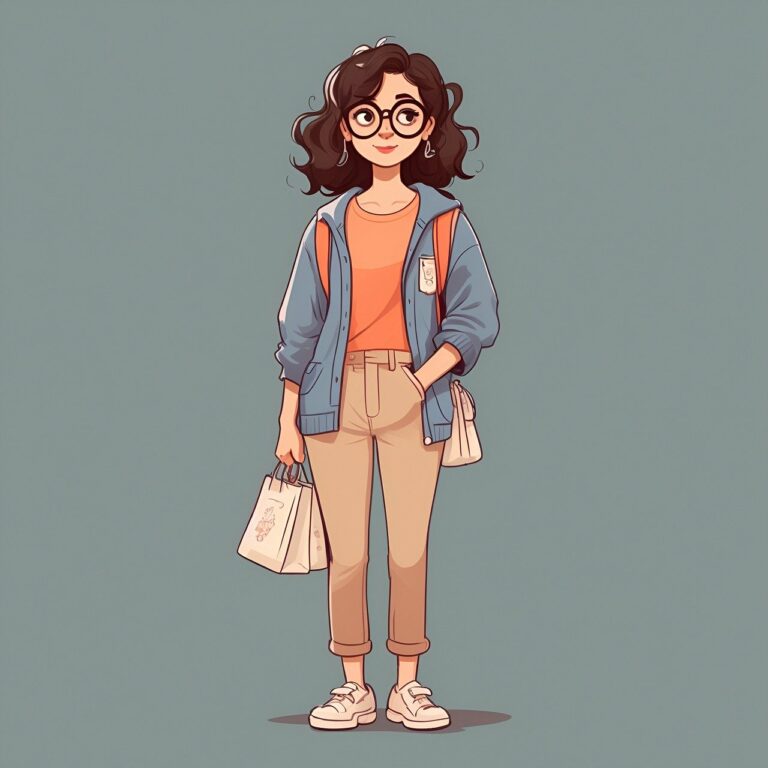Fashion Industry Analysis and Insights
As we witness the constant evolution of the fashion industry, one prominent trend that stands out is the rise of sustainable and eco-friendly fashion. Consumers are becoming more conscious about the environmental impact of their clothing choices, leading to a shift towards ethical and sustainable brands. This movement has prompted many established and emerging fashion houses to reevaluate their production processes and incorporate more sustainable practices into their businesses.
Another significant trend shaping the fashion industry is the growing influence of social media and digital platforms. With the rise of influencers and online shopping, brands are increasingly focusing on building a strong digital presence to reach a wider audience and engage with consumers in new ways. The digital landscape not only provides a platform for brands to showcase their collections but also allows for direct interaction with customers, enabling a more personalized shopping experience.
Key Players in the Fashion Industry
The fashion industry is a dynamic and competitive space with a myriad of key players making significant strides in shaping trends and consumer preferences. Leading fashion houses such as Gucci, Louis Vuitton, and Chanel are renowned for their luxury designs, exquisite craftsmanship, and global influence. These iconic brands have captivated fashion enthusiasts around the world with their innovative collections that set the bar high for creativity and style.
In addition to traditional fashion houses, fast fashion retailers like Zara, H&M, and Forever 21 have also become prominent players in the industry. Known for their affordable yet trendy clothing options, these brands have revolutionized the retail landscape by offering fashionable pieces at accessible price points. Their ability to quickly replicate runway trends and deliver them to consumers at a rapid pace has solidified their position as key players in the fast-paced world of fashion.
• Gucci, Louis Vuitton, and Chanel are renowned for luxury designs and global influence
• Innovative collections set high standards for creativity and style
• Fast fashion retailers like Zara, H&M, and Forever 21 offer trendy clothing at accessible price points
• Ability to quickly replicate runway trends and deliver them to consumers rapidly
• Revolutionized the retail landscape with their affordable yet fashionable pieces
Impact of Technology on Fashion Industry
Technology is significantly reshaping the landscape of the fashion industry. From the way consumers shop to how designs are created and produced, advancements in technology are propelling the industry forward. The integration of virtual and augmented reality in retail experiences has revolutionized the way customers interact with brands, offering immersive and engaging shopping experiences.
Furthermore, the rise of artificial intelligence and machine learning has enabled fashion companies to analyze vast amounts of data, leading to more informed decision-making processes. These technological tools help predict trends, optimize supply chains, and personalize the customer experience. The fashion industry continues to embrace new technologies, pushing boundaries and setting the stage for a more innovative and dynamic future.
How has technology affected the fashion industry?
Technology has revolutionized the fashion industry in numerous ways, from improving manufacturing processes with automation to enhancing the shopping experience through e-commerce and virtual reality.
What are some current market trends in the fashion industry?
Some current market trends in the fashion industry include sustainable and ethical fashion, the rise of athleisure wear, and the use of artificial intelligence for personalization and customization.
Who are some key players in the fashion industry?
Some key players in the fashion industry include fast fashion retailers like Zara and H&M, luxury brands such as Gucci and Louis Vuitton, and online giants like Amazon and ASOS.
How has technology impacted the design process in the fashion industry?
Technology has greatly impacted the design process in the fashion industry by enabling designers to create digital prototypes, use 3D printing for rapid prototyping, and even design using virtual reality tools.
What role does social media play in the fashion industry?
Social media plays a crucial role in the fashion industry by allowing brands to connect with consumers, showcase new collections, and engage with influencers to reach a wider audience.






